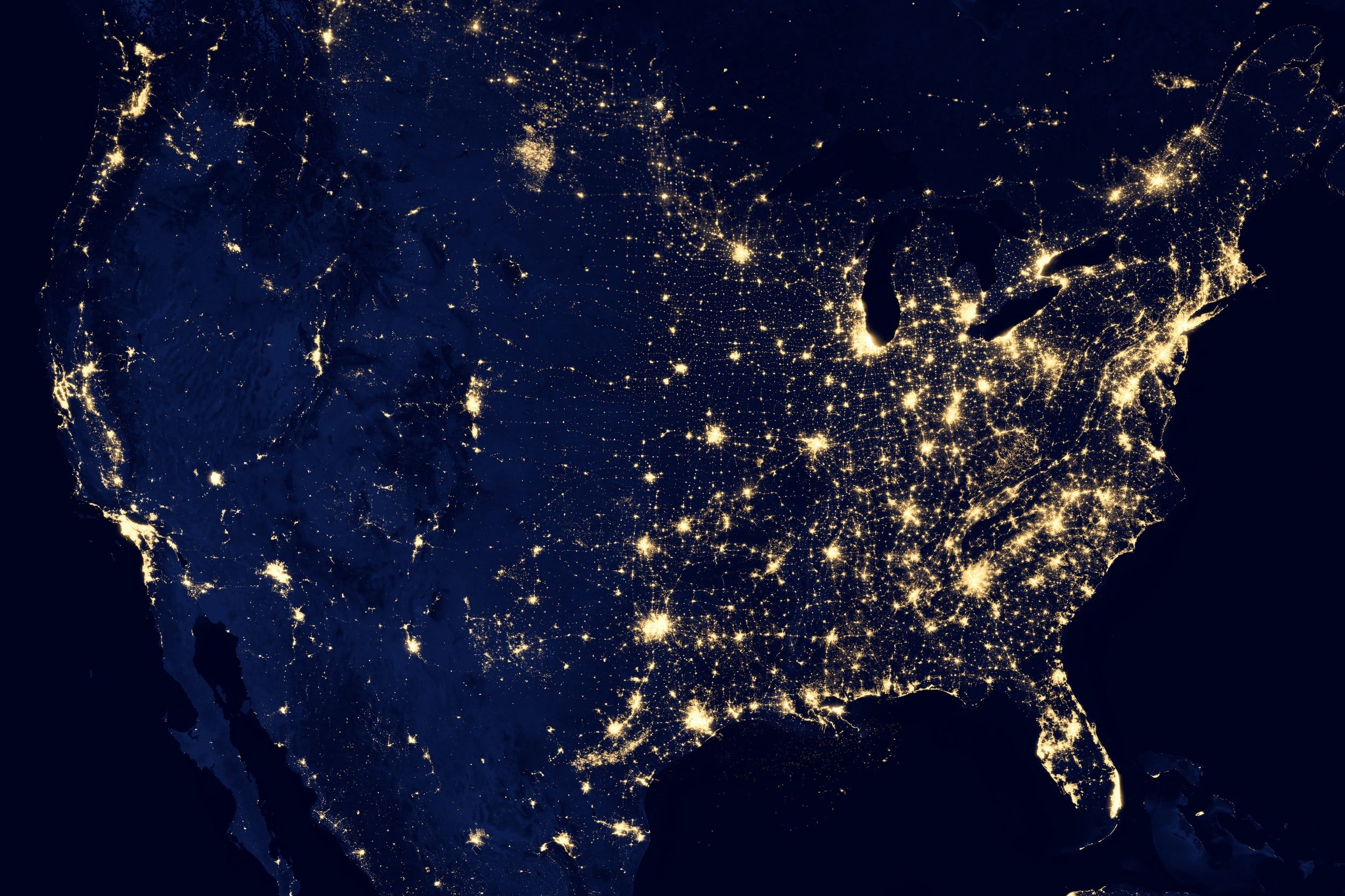Why Renewable Energy isn’t the Only Answer in our Climate Emergency
Raging wildfires, life-threatening floods, irrepressible heatwaves, massive droughts. The warnings continue- both from Scientists across the world and Mother Earth herself. In all cases, the answer is clear, if we don’t change our behaviour now, we risk irreparable damage to our planetary home.
Energy continues to be one of the 6 key stressors on our climate and is one of the core areas in which urgent action is needed. Fortunately for us, in the recent World Scientists’ Warning into Action paper¹, scientists have laid out priority actions aimed at all levels of society to alleviate some of the strain imposed by our relentless demand for energy, and shift the tide on climate change.
There are things we can do, but we must act now.
Why Energy?
We live in a very complex society that requires huge, and increasing, amounts of energy to run and hold it together. Indeed, recent reports show energy consumption worldwide grew by 2.3% in 2018². According to one estimate, made before the pandemic, demand is predicted to grow by 30% through to 2040³.
Worryingly, approximately 84% of all the energy we use comes from non-renewable, greenhouse gas-emitting, fossil fuels⁴. The reserves of these fuels are currently being depleted at an alarming rate. With experts predicting that it would be impossible to maintain current fossil fuel production beyond the next few decades⁵, clearly using these as our major sources of energy supply is unsustainable.
Renewable Energy Supplies: The solution?
Fortunately, supplies of renewable energy, energy derived from our natural world (sunlight, wind, rain, tides and so forth) are growing faster than all other energy sources.
But, while there have been many improvements in our use of renewable energy since the previous warnings⁶ wind and solar still only account for a little over 3% of our total energy consumption. At our current rate of increase, it will take 7 years to double the amount of wind and solar that we currently have. However, with forecasts by the International Energy Agency⁷ suggesting that we will need tenfold the amount of our current renewable energy by 2050, the task at hand is monumental.
Clearly more needs to be done and the answer lies not just in increasing our supply of renewable energy. A more comprehensive and inclusive strategy is needed.
We must simultaneously pursue a fossil-free energy supply while working towards improving our energy efficiency and conservation.⁸
Saving energy is as important as developing renewable energy.
Humans use a stupendous amount of energy. And, although we often think of energy as a ‘big business issue’, as individuals we all have a role to play. We heat houses in the winter, we cool them in the summer. We are rarely parted from our mobiles and at times travel miles into work. And herein lies the crux of the issue: we must re-evaluate and adapt how we live, and how we use energy, with a focus on efficiency and conservation. We must stop thinking of energy as ‘not our problem’ and focus on the actions we can take now to make a difference.
Relocalisation
With approximately 21% of global energy being used on transportation⁹ the more we can do in terms of living and working in a smaller space (including working from home), the more energy we conserve.
In addition, running buildings has been shown to consume approximately 29%⁹ of global energy which increases to 40% in the UK alone¹⁰. And so, by retrofitting our buildings with thermal and draught insulation, massive energy savings are possible. Similarly, we must adapt our cities to be walking and cycling-friendly as well as explore areas that are ‘wasted’ as potential food growing spaces. As an added benefit, the more we can do at the local level, the less we need to rely on external parties and the more resilient we become as communities.
Reduce Consumption
Currently, the human race is in ecological overshoot.¹¹ We’re consuming more than this finite planet can provide for us and doing all sorts of tremendous damage in the process. According to Professor Chris Rhodes, one of the authors of the Scientists’ Warning into Action paper, the number one thing that we can do as individuals to help preserve energy is simply to use and buy less stuff. By stopping the purchase of unnecessary items the less waste we produce and the more energy is saved.
Think systematically and lead by example
There aren’t single solutions to our energy crisis as it’s the whole system that needs repairing, but as individuals, we must lead by example. Start at a small local scale: insulate and draught-proof your home, walk and cycle more and use public transport, grow more of your own food and repair or reuse items rather than throwing them away. Consider starting or frequenting a repair cafe, and other places which have been shown to help reduce waste.¹² Additionally, switch devices off, and don’t become a slave to screens!
It’s not too late- but we must act now
Many individuals feel that it’s too late for our actions to make a difference. This is simply not the case and by making simple changes now we can continue to fight back. But the warnings are there and if we don't act now, all together, then nature really will take it out of our hands, with much of the planet becoming uninhabitable.¹³
“Climate change is real and it’s happening and we're all going to cook together in the same planetary pot if we don’t act now.” - Professor Chris Rhodes
To support Scientists Warning Europe on comprehensive climate emergency actions, donate to our ongoing fundraiser here: https://bit.ly/warningintoaction
Help us break a world record and drive a powerful message of action at COP26.
Barnard, P., Moomaw, W.R., Fioramonti, L., Laurance, W.F., Mahmoud, M.I., O’Sullivan, J., Rapley, C.G., Rees, W.E., Rhodes, C.J., Ripple, W.J., Semiletov, I.P., Talberth, J., Tucker, C., Wysham, D., Ziervogel, G.* Science Progress, 2021, in press.
https://www.iea.org/reports/global-energy-co2-status-report-2019
https://www.sciencedirect.com/science/article/abs/pii/S0016236114010254
https://www.scientistswarningeurope.org.uk/warnings-to-humanity
https://www.scientistswarningeurope.org.uk/s/ScientistsWarningIntoAction-Summary.pdf
https://www.bp.com/en/global/corporate/energy-economics/energy-outlook/demand-by-sector.html
https://journals.sagepub.com/doi/full/10.1177/0036850419868371






